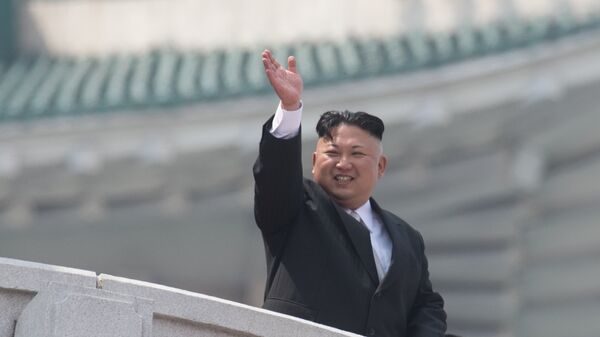Hu Weijia — Getting North Korea into China's Belt and Road (B&R) initiative will help rebuild its economy and promote regional economic integration.
Economists may have only incomplete information on the North Korean economy. The CIA data showed the total length of North Korea's railway network reached 7,435 kilometers in 2014, which was about two times that of South Korea, media reports said Wednesday. Although North Korea's economy remains weak and vulnerable, the nation has some key advantages for integrating itself into regional transport networks.
The country shares borders with both China and South Korea, the latter of which is an important country along the B&R initiative. North Korea's significant geographical location is likely to offer convenience when involving the isolated country into the trade routes of the region. After US President Donald Trump and North Korean leader Kim Jong-un signed a document on Tuesday, the world should begin to consider loosening economic sanctions against North Korea in a bid to inject more momentum into political dialogue. Instead of putting pressure on Pyongyang by imposing financial sanctions, the focus should now gradually shift to economic assistance, at a time when Pyongyang is changing its attitude toward nuclear tests and giving priority to economic development.
North Korea has economic and geographic advantages to join the B&R, which will help the country realize its economic potential. It won't be easy, and it won't happen overnight. However, getting North Korea into the B&R initiative to promote economic integration may be easier than what people would have imagined.
This article originally appeared on the Global Times website


